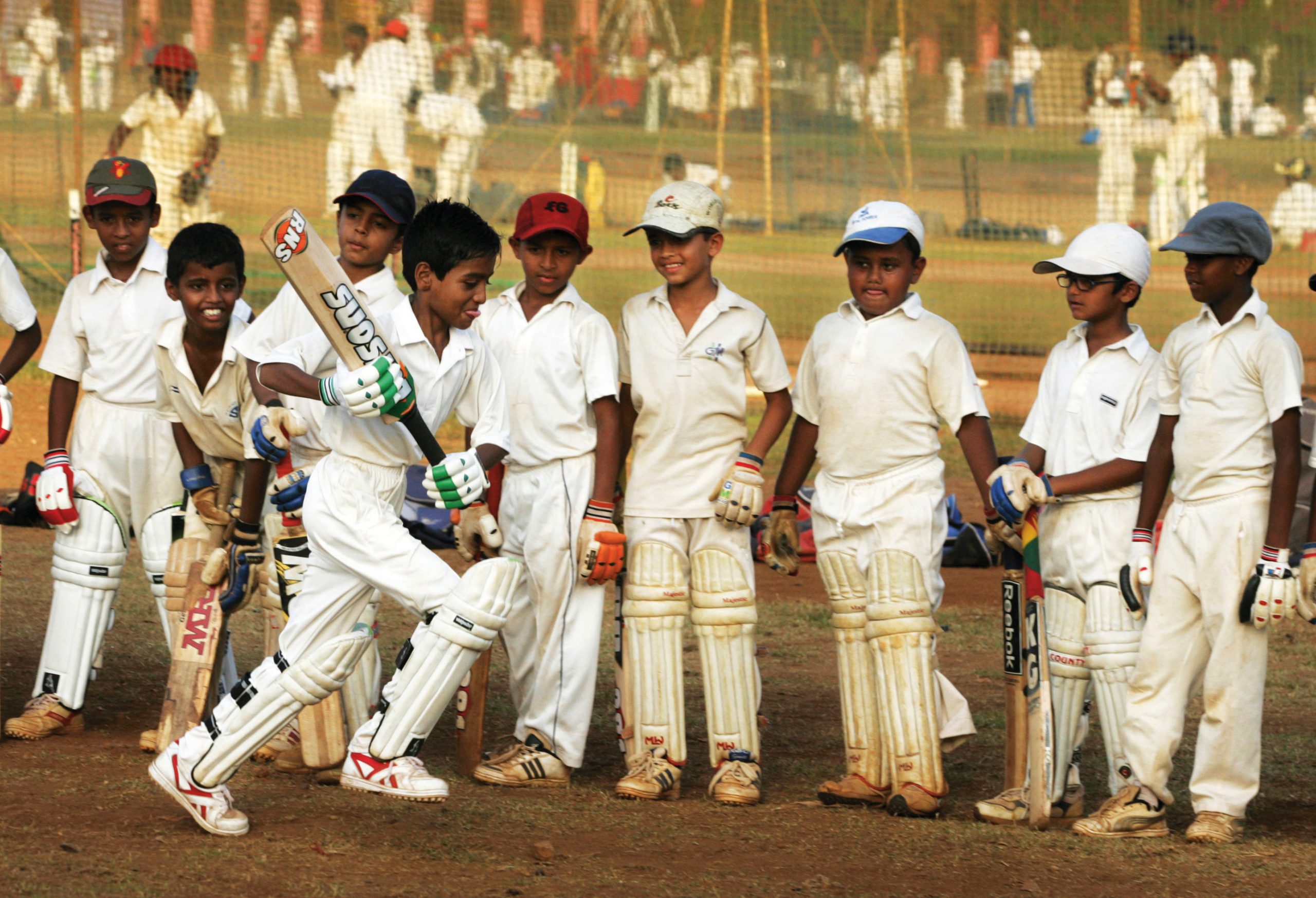
Early on in this delightful memoir, Ramachandra Guha recounts the first time he shook hands with a Test cricketer. It was the summer of 1970 and Guha was 12 years old at the time. The cricketer was GR Viswanath, who, months previously, had scored a century on Test debut against Australia. On a Bangalore street, Guha and his uncle were in a car when the uncle spotted Viswanath on a scooter and called out to him to stop. The cricketer did, and uncle and nephew emerged from the car and shook hands with the man who is now remembered as one of the finest and most elegant Indian batsmen of his generation. “That incident,” Guha writes, “says something about the times – which Test cricketer now would ride a scooter?” Indeed, which Indian Test cricketer would now travel without an entourage and allow such an impromptu, unmeditated roadside encounter with a fan?
The Commonwealth of Cricket traces the arc between those times and the present, when to be a successful Indian cricketer is to be a superstar in a country of 1.3 billion people, to have the doors opened to staggering wealth and privileges. It is a journey of fandom that begins when India played few Tests and finally portrays a contemporary reality in which India is a cricketing superpower and administrative bully boy.
[See also: Why George Orwell would be more sympathetic to vegetarianism today]
Guha, one of India’s best-known historians and public intellectuals, is a bona fide cricket obsessive. He writes with as much fondness of club cricketers as Test greats, with as much intensity about a college game as about an international one. From childhood onwards, he reads voraciously, building a library of cricket books. He revels in the fan’s enduring parlour game of making up all-time XIs. He listens to the cricket on the radio; he cuts short a family holiday to attend the tense final day of a Ranji Trophy match; he tries to be present at his home ground in Bangalore for every match that he can, and when he can’t, he devours the game on television. Often, it seems as though life is what happens between overs. He plays until his early twenties (without much distinction, he tells us). After that, he watches with the keenness of the true cricket tragic. It brings to mind the literary critic Ian Hamilton’s line: “I don’t play much football, but you should watch me watch it.”
But Guha is a particular type of fan: catholic in his admiration of cricketers; internationalist in his outlook; and inclusive in his taste. His deep knowledge of the game allows him to bring a historian’s perspective when writing about players. Here is Guha on the Pakistan cricketer Inzamam-ul-Haq: “It has always seemed to me that the relationship of Inzamam-ul-Haq to Sachin Tendulkar was similar to that of Wally Hammond to Don Bradman… Tendulkar remained the greatest cricketer of his age. Inzy had to be content with being the Walter Hammond of his day.”
He is also witness to the transformation of the nature of the Indian cricket follower. In the 1990s, after the liberalisation of the Indian economy, which led to the growth of an aspiring, consumerist culture, cricket – and the performances of the Indian team – began to be braided with a sense of aggressive nationalism. I began to notice this in stadiums across the country: the chest thumping, the flag waving with a particular intent, the jingoism. I found it galling.
[See also: The prose style of John le Carré]
The circumstances engendered a change in how an inclusive internationalist such as Guha felt about watching India play. “When I was young, I desperately wanted India to win; every match, against every opponent… Now, I still wanted India to win, but what I wanted even more was a good match. I became disgusted by the cricketing jingoism around me.”
Guha is an Indian cricket fan, not necessarily always an India cricket fan. The distinction is important. Guha found, as most erudite cricket fans do, a way of dealing with the jingoism. Frustrated and disenchanted, he was at a loss about how to deal with the Indian cricket administration – and administrators.
In 2017, he was appointed to a panel tasked with cleansing the mess that was the Board of Control of Cricket in India (BCCI), the world’s richest cricket body. The cronyism, corruption and nepotism that he saw there are documented in chilling detail. A scholar, a fan and an outsider, Guha was thrust into the self-serving cesspit that is the BCCI. He tried to bring to bear upon the board, its members and its vast network of privileged beneficiaries the principles of fair play, accountability and transparency. It was only ever going to end one way.
After four months of being disregarded, stonewalled and criticised, Guha stepped down. “From my four months in the BCCI, I reached this melancholy conclusion: were the game better administered in India, the Indian team would never lose a cricket match… With [its] demographic and financial base, India should always and perennially have been the top team in all formats of the game. If we still lost matches and series, then surely the fault lay with how the game was (mis)managed in our country.”
For the best part of the last decade, Guha has been busy producing two definitive volumes on Mahatma Gandhi. The Commonwealth of Cricket is a return to his cherished first love. It should be celebrated. l
Soumya Bhattacharya’s books include “You Must Like Cricket?” (Vintage) and “Thirteen Kinds of Love” (HarperCollins India)
The Commonwealth of Cricket: A Lifelong Love Affair with the Most Subtle and Sophisticated Game Known to Humankind
Ramachandra Guha
William Collins, 336pp, £20
This article appears in the 13 Jan 2021 issue of the New Statesman, American civil war





